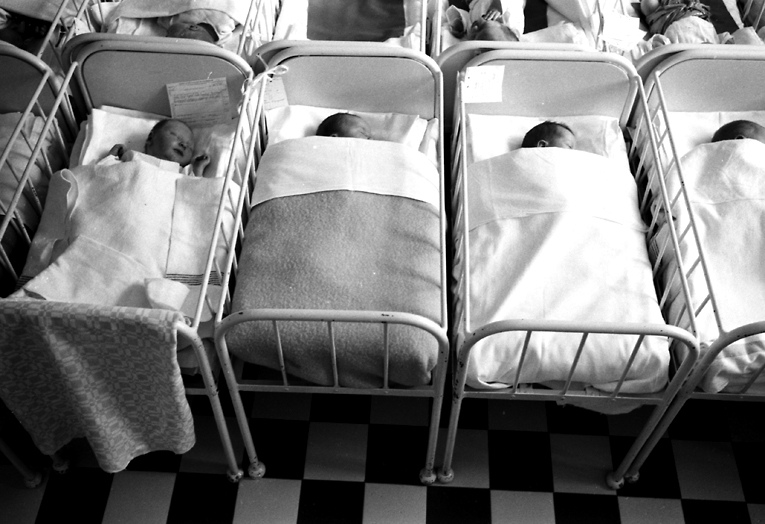Parashat Miqetz/Hanukah
Genesis 41:1 – 44:17
The miraculous change of Joseph’s fortunes takes him from servitude and jail to becoming the most powerful person in Egypt. He is appointed by Pharaoh to save the people of Egypt from famine and all important decisions are placed by Pharaoh in Joseph’s hands, as Pharaoh’s surrogate. It appears that Joseph has again triumphed over adversity. And this time his triumph is not undermined by a covetous matron or a forgetful courtier.
The Torah then tells us just a little bit about the private life of this most public servant. He marries and, while the land of Egypt is still abounding in overflowing abundance, he has two children. Life is good, we should think. But we learn that Joseph’s own feelings about his situation are more complicated than we would judge from his external circumstances. Joseph names his first son “Menasheh – for the Almighty has made me forget (-nashani) all my travail and all about my father’s house.” And his second son is name Ephraim “because the Almighty has made me fruitful (-hiphrani) in the land of my suffering.” (Gen. 41:51–52)
These statements tell us some new information. In the course of following Joseph’s adventures, we have never been told about his own emotions. It is here, for the first time, as his emotions move from one state to another, that we find out that all this time Joseph has been suffering. It is only when we hear Joseph celebrating the joy of his sons’ births that we learn that, until that moment, and despite his great wealth, social preeminence and power, he had been beset with sorrow, painful memories and pain. Just as his brothers will soon stand before Joseph and not recognize what they are gazing at, we have been regarding Joseph and we have not truly recognized him. Only now is he able to forget the suffering we had no idea he was experiencing. He can put his old family past behind him, for he has been blessed with two irresistibly sweet babies! He has a new family now. No longer son and brother, Joseph is now husband and father.
But will his new family and familial role really supplant his old family, as his naming explanation seems to say? The ancient Aramaic translation, Targum Yonatan, gives a bold counter-reading to Joseph’s words: “And the second he called ‘Ephraim’ because God strengthened me in the land of my suffering, just as God will, in the future, strengthen Father’s house, here, in their suffering.” The Targum reflects a way of reading this story as a national historical prophecy. Just as God, this time, has helped our afflicted hero (Joseph) in Egypt, so will God, later, save the entire House of Israel from the afflictions of Egypt.
But the Targum allows us to reimagine Joseph’s story on a personal level, as well. Sometimes, when blessed with children, young parents do get swamped with their own new familial world. It is not unheard of for new parents to lose touch with their long-time friends, for instance. If they have had a difficult relationship with family members, their new home life can be a balm and a refuge. But sometimes becoming a parent changes the way that a person processes their own past. Sometimes becoming a parent allows a person to get past their own sense of grievance toward their family. There is an experience of the expansive power of love that flows outward and forward, not only toward these little helpless babies, but also, onward and back, toward ones’ parents or siblings. One’s new love moves the person toward discovering just how large and just how strong their heart really is.
So we are meant to wonder, at this brief glimpse into Joseph’s intimate feelings, whether Joseph is really forgetting his family past or forgetting his family pain. Will his forgetting lead him to abandon the family that was the source of all his suffering, in exchange for this new family that is the source of his joy, or will he forget the suffering for the sake of a new start, not only with his little sons, but also with his older brothers and his father? This brief moment is quickly concluded and we are sent rushing back into the national crisis of the starving Egyptians, a crisis that will eventually lead us to finally recognize the true Joseph.
Shabbat Shalom and Happy Hanukah
Rabbi David Greenstein
![]()
Subscribe to Rabbi Greenstein’s weekly d’var Torah
image: “Newborns in the maternity ward in Nyköping” © Sörmlands Museum Image altered and used with permission via Creative Commons License
- Toby Stein: In Memoriam - Thu, Feb 8, 2024
- Faithfulness and Hope: Parashat Sh’lach - Thu, Jun 23, 2022
- Past Their Prime: Parashat B’ha`a lot’kha - Thu, Jun 16, 2022

